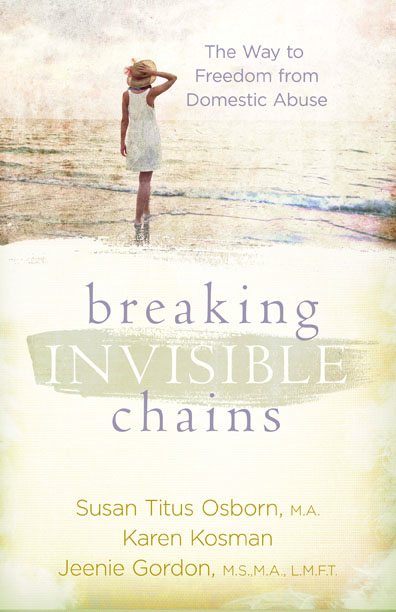If you sell “All Rights” to your manuscript, then the publisher owns your work, and you cannot print it elsewhere without getting written permission from them. Try not to sell all rights if possible unless you are signing a work-for-hire contract. You normally receive a flat fee for these, the publisher retains all rights, and the copyright is in the name of the publishing house. Sometimes your financial state may dictate that it would be worthwhile to do some pay-for-hire work. Once you turn in the completed work, you are normally paid in full within 30 days.
“Book Rights,” however, are different from other rights. When you sign a contract to write a book, the document is normally 12-14 pages, and the publisher holds your rights on that book as long as it stays in print. This is not to be confused with the copyright, which should be held in your name. My next blogs will deal with copyright law.
You may only use the amount of material that falls under “Fair Use” when quoting material from your own books. If you want to excerpt articles or stories though from one of your books in print, normally the legal department of your publishing house will give you permission. After all, the publicity is good for the publishing house. As I previously mentioned, if you are selling an article or story to be included in someone else’s book, I’d recommend selling one-time rights.
This concludes my three-part series on rights.


